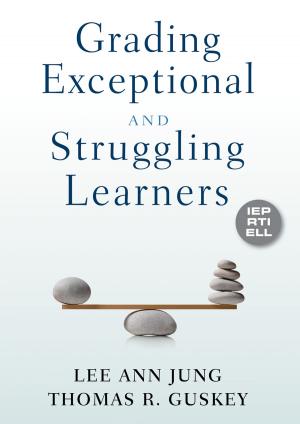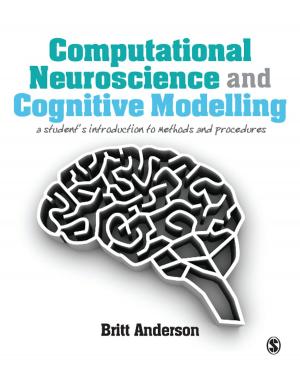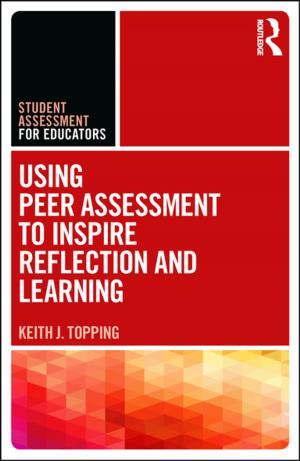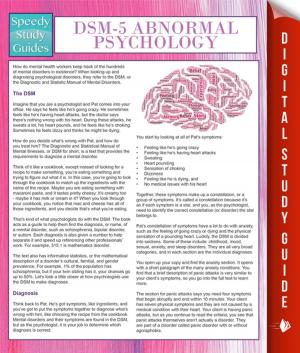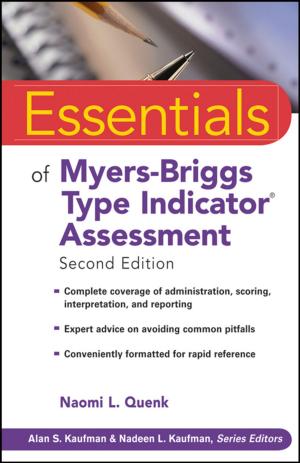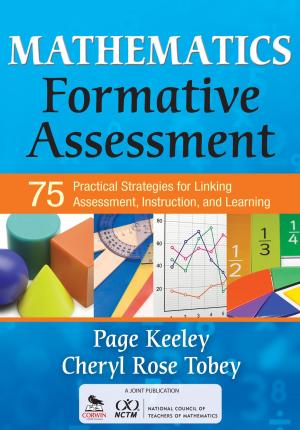Seeing Inside the Mind (Book 2 of the four book publication Minds in Bloom)
Nonfiction, Reference & Language, Education & Teaching, Educational Theory, Testing & Measurement| Author: | Glenn Fieber | ISBN: | 9781311690678 |
| Publisher: | Glenn Fieber | Publication: | January 30, 2014 |
| Imprint: | Smashwords Edition | Language: | English |
| Author: | Glenn Fieber |
| ISBN: | 9781311690678 |
| Publisher: | Glenn Fieber |
| Publication: | January 30, 2014 |
| Imprint: | Smashwords Edition |
| Language: | English |
Seeing Inside the Mind makes a distinction between brain and mind, then pursues some of the ways that societies have used to reach into our minds and to control them—to make us “fit in”. Mind control is, I grant you, an enormous topic; for my purposes I limit it dramatically. In particular, I focus on the use of hypnosis, shock therapy, and lobotomy (procedures we have done and in some cases still do), all as a prelude to the main event: how education develops minds. I deal with questions like what makes teaching effective and learning memorable; how educational philosophy drives everything that happens in schools, sometimes without our realizing we are being driven; how curriculum is sometimes determined politically to mold the minds of students rather than develop them; how evaluation and measurement (including an evaluation of multiple-choice testing and the PISA tests, whose results art seen as Very Important, but which are flawed vary from one culture to another; how learning is delivered—different approaches to scheduling and timetables; teaching styles vary in each classroom—I explore which style is more effective for learning; I consider how students can learn to behave, be respectful, and enjoy learning. And I include some of my most memorable personal experiences relating to these topics.
Seeing Inside the Mind makes a distinction between brain and mind, then pursues some of the ways that societies have used to reach into our minds and to control them—to make us “fit in”. Mind control is, I grant you, an enormous topic; for my purposes I limit it dramatically. In particular, I focus on the use of hypnosis, shock therapy, and lobotomy (procedures we have done and in some cases still do), all as a prelude to the main event: how education develops minds. I deal with questions like what makes teaching effective and learning memorable; how educational philosophy drives everything that happens in schools, sometimes without our realizing we are being driven; how curriculum is sometimes determined politically to mold the minds of students rather than develop them; how evaluation and measurement (including an evaluation of multiple-choice testing and the PISA tests, whose results art seen as Very Important, but which are flawed vary from one culture to another; how learning is delivered—different approaches to scheduling and timetables; teaching styles vary in each classroom—I explore which style is more effective for learning; I consider how students can learn to behave, be respectful, and enjoy learning. And I include some of my most memorable personal experiences relating to these topics.

